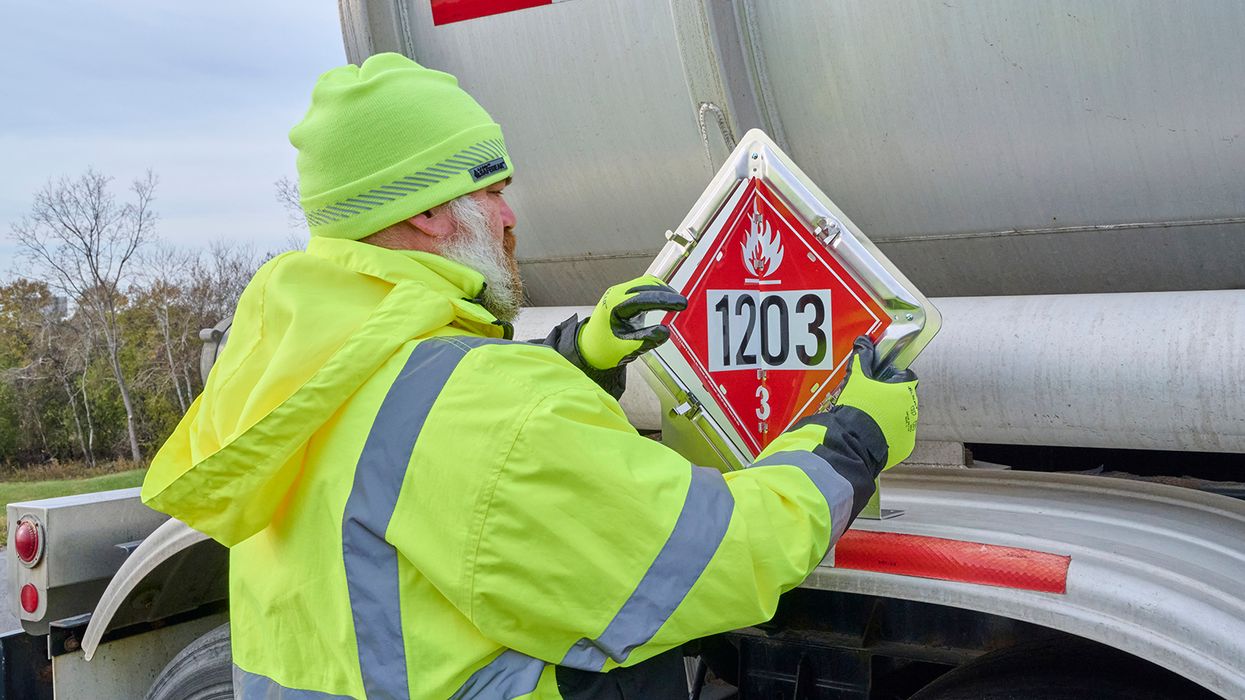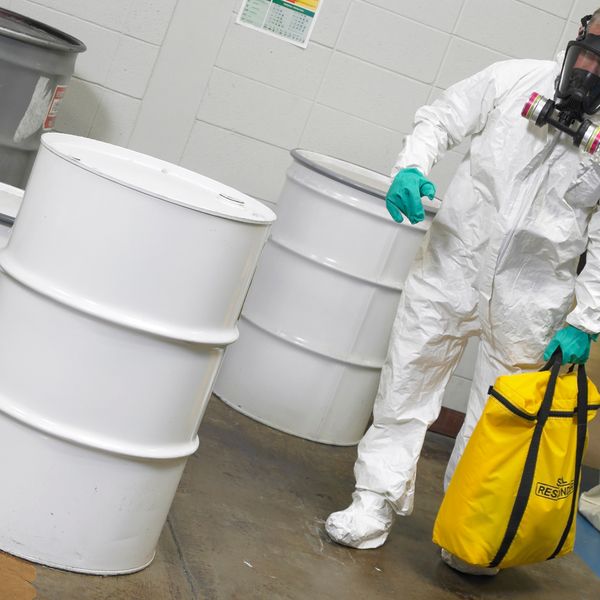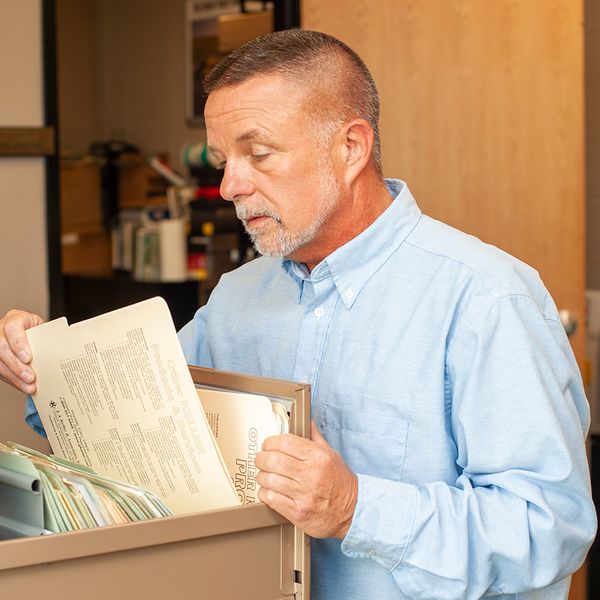Hazmat response networks will protect your company
Take a moment to think about the following scenario involving an accident that occurs after-hours on a Friday evening: your linehaul supervisor receives a call from a driver who struck road debris and punctured a fuel tank. Thinking it’s a small incident, the supervisor calls a wrecker company to respond to the scene. The wrecker company offers to handle the fuel spill, and the linehaul supervisor gives verbal approval.
But come Monday morning, the safety team receives the accident report and subsequently learns that the wrecker company is still onsite and has went “all-in” all weekend at double the normal rate of pay.
Hazmat response networks can help
You can consider partnering with a national hazardous materials (hazmat) response company. These companies have contracted rates with preferred vendors throughout the country, and they understand federal, state, and local regulatory complexities.
Most fuel spills do not require immediate full remediation efforts. A hazmat response company will often flag the spill site and return during normal business hours with the appropriate equipment, which can result in a $10,000 invoice instead of a $100,000 invoice.
All states have reporting requirements for fuel spills, but they are inconsistent with released quantity thresholds and the timeframe for reporting spills. A hazmat response company handles all required notifications and prevents your company from receiving citations for untimely reporting. The benefits of a hazmat response network are numerous. These entities can:
- Contain the spill avoid working on nights/weekends, keeping costs lower;
- Make the appropriate federal, state, and local emergency notifications;
- Ensure responders are HAZWOPER certified for handling hazardous substances;
- Perform invoice auditing to document all aspects of remediation and to prevent price gouging; and
- Be available through a single source phone call, eliminating the need to research local hazmat teams.
A hazmat response network can also handle environmental-type issues that might not be in your core area of expertise. They can also:
- Obtain necessary permits from the Environmental Protection Agency, Occupational Safety and Health Administration, fire departments, and other involved agencies;
- Handle hazardous waste including disposal, labeling, transporting, and obtaining waste manifests;
- Perform decontamination, testing, and reporting of remediation site to appropriate agencies;
- Assess soil and groundwater during site investigations; and
- Ensure site restoration is acceptable and appropriate levels of vegetative growth is evident.
Developing plans to mitigate risk should always be a priority for safety professionals. Don’t get blindsided after an incident occurs. As the great Benjamin Franklin advised, “An ounce of prevention is worth a pound of cure.”





















































